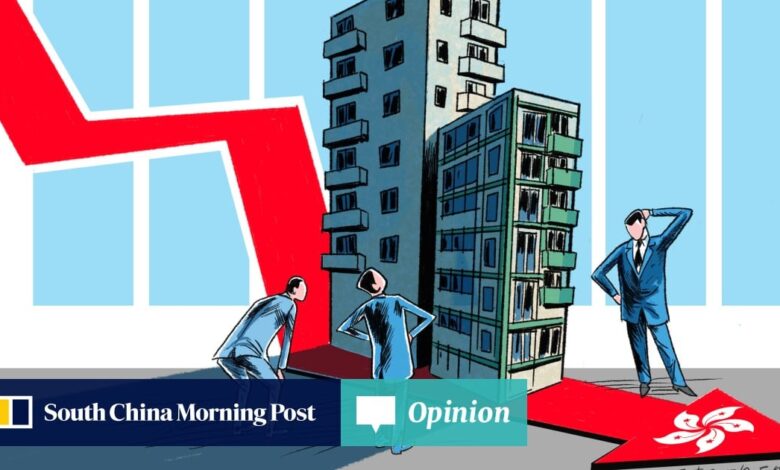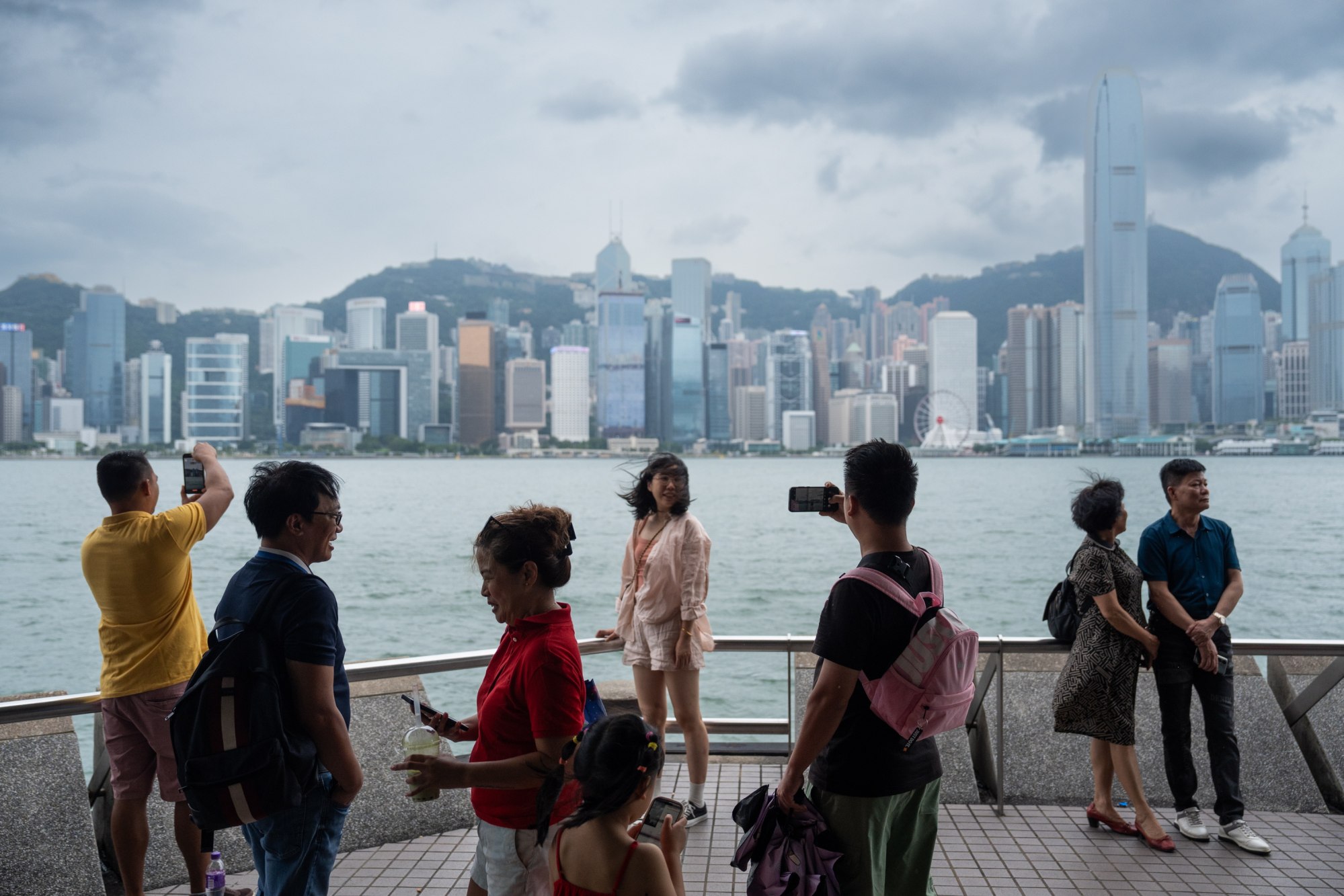Opinion: Hong Kong’s shoebox housing are a disgrace John Lee must end

[ad_1]
The average daily trading turnover on Hong Kong’s stock exchange has remained just over HK$100 billion. On September 27, the total trading turnover even fell below HK$80 billion.

First and foremost, he must display the determination and courage to fix the housing problem, a major source of discontent in the city boasting the least affordable homes in the world.
Soon after I first came to Hong Kong in 1993, I read about the “cage homes” where the poor and downtrodden slept in bunk beds surrounded by wire cages.
Life in Hong Kong’s worst living spaces: from cage homes to subdivided flats
Life in Hong Kong’s worst living spaces: from cage homes to subdivided flats
Three decades later, these homes still exist, but are now called “bedspace apartments”, and licensed by the government. There are an estimated 5,000 “cage” residents, down from 53,200 in 2007. But more broadly, 220,000 people still live in cramped conditions, in subdivided units.
In these 30 years, I have read so many reports about the city’s political and business elite lamenting the lack of easy solutions. Ironically, although some of these individuals have been looking to Beijing for guidance in the past few years, they have failed to learn anything meaningful.
In fact, to resolve the housing crisis, Hong Kong can and should learn from Beijing.
In 2015, when President Xi Jinping vowed the mainland would eradicate absolute poverty by the end of 2020, about 70 million people lived under the poverty line. As Xi took personal responsibility for the project, hundreds of thousands were mobilised to speak to impoverished households across the country, and start files detailing their needs and how to help them.
In contrast, I bet the Hong Kong government doesn’t have an accurate tally of the numbers of people living in cage homes and subdivided flats around the city, let alone their needs and the causes of their hardship.
Is Lee bold enough to bring that deadline forward to 2032, or the end of his prospective second term?
That means that Lee must take up the reins personally, adopt a whole-of-government approach, and draw up not only a new housing policy but also a holistic plan to help the city’s poor and downtrodden. It will be a tough fight but not impossible, with the full support of the Hong Kong public and the central government.
Equally important, Hong Kong must do more to explain the beauty of “two systems” to the outside world, including even Beijing, so as to robustly defend the city’s autonomy and freedoms. The city must do a better job of using its influence on Beijing and lobbying the central government to rethink the policies which directly impact Hong Kong.
So far Hong Kong officials seem to believe their hands are tied under “one country, two systems”. But that does not mean there is nothing they can do. In fact, they can be proactive in using their connections so mainland officials may fully understand the dangers of such arbitrary enforcement of laws – which looks bad not only for the mainland but also for Hong Kong.
Wang Xiangwei is a former editor-in-chief of the South China Morning Post. He now teaches journalism at Baptist University
[ad_2]
Source link






